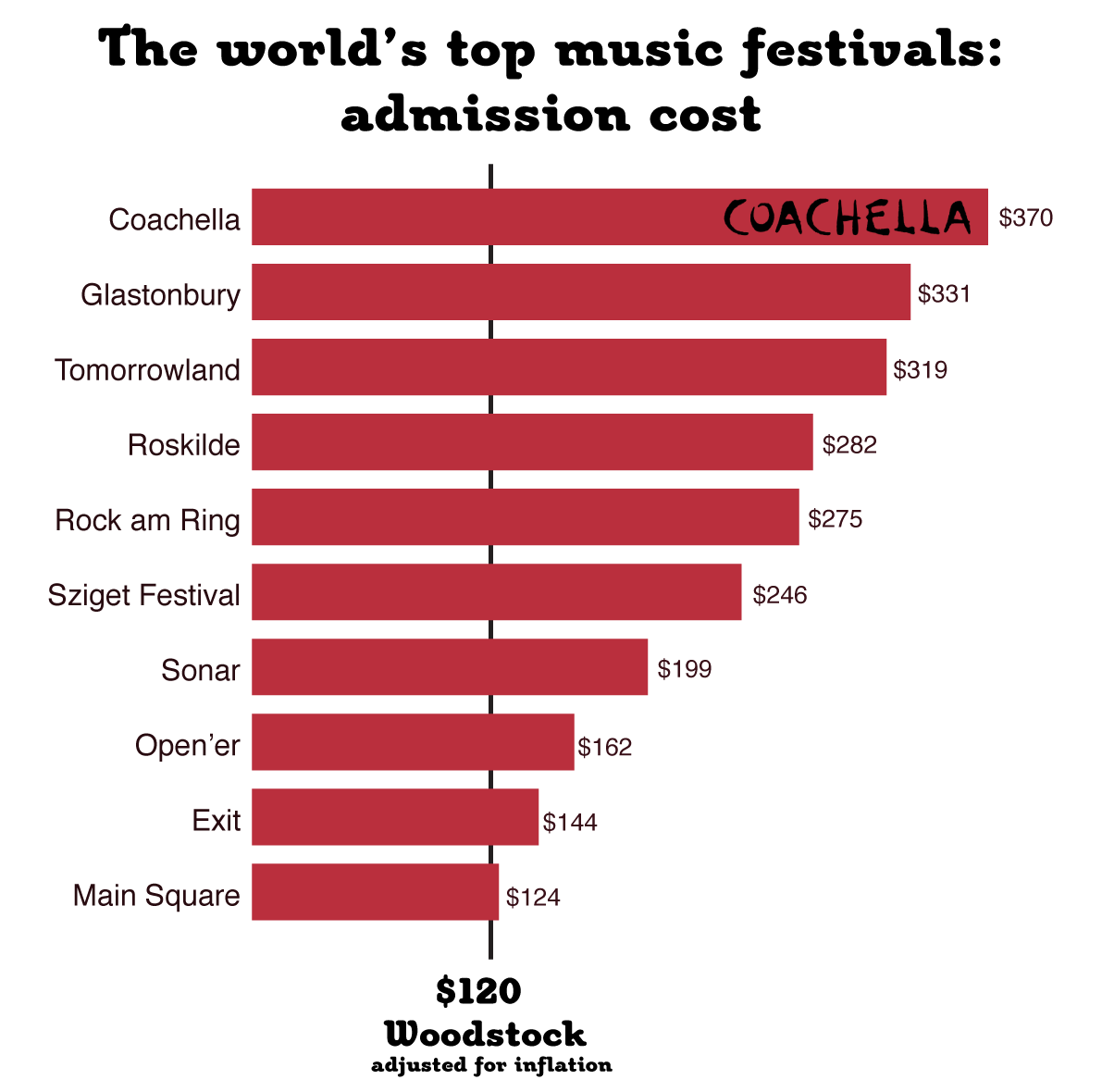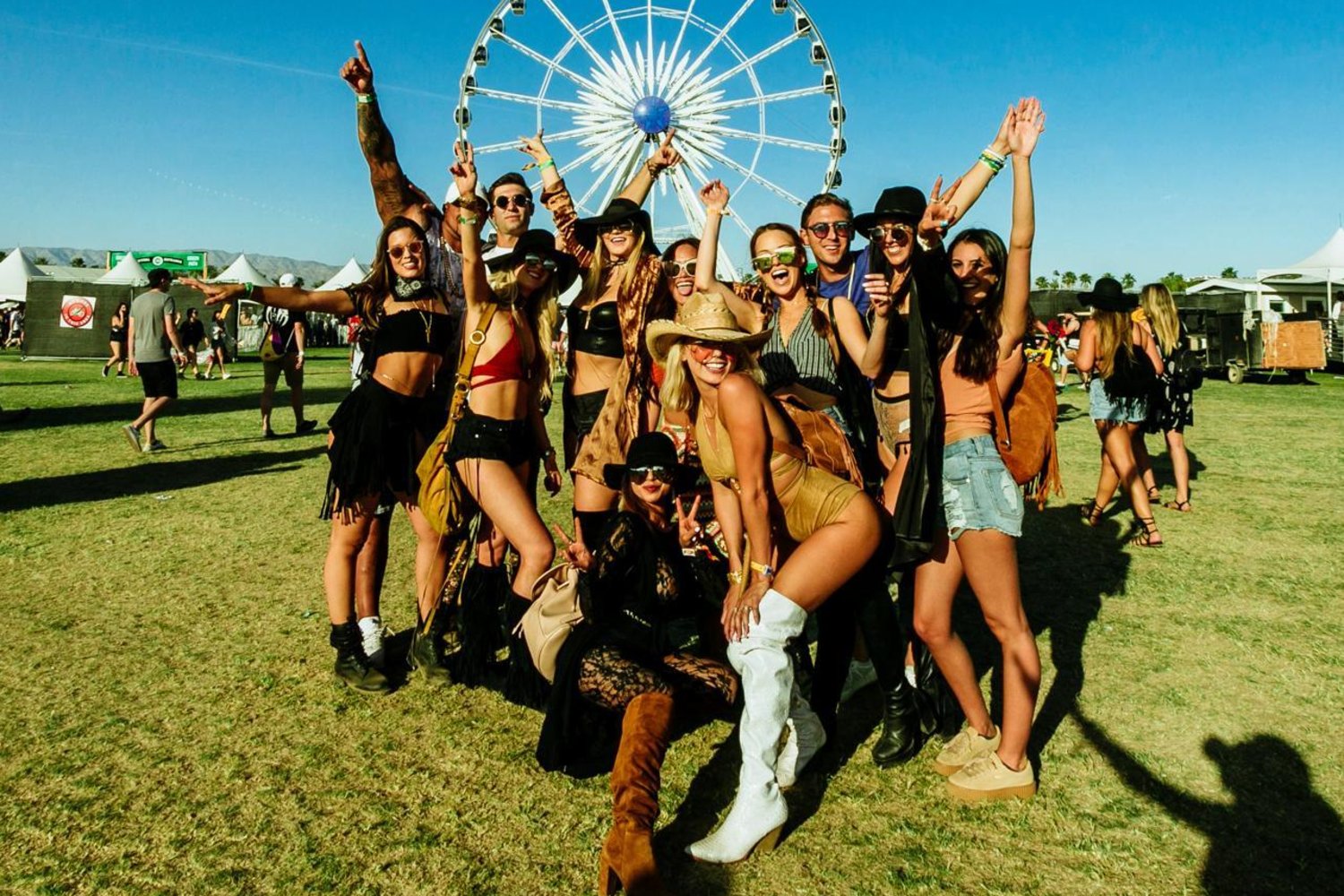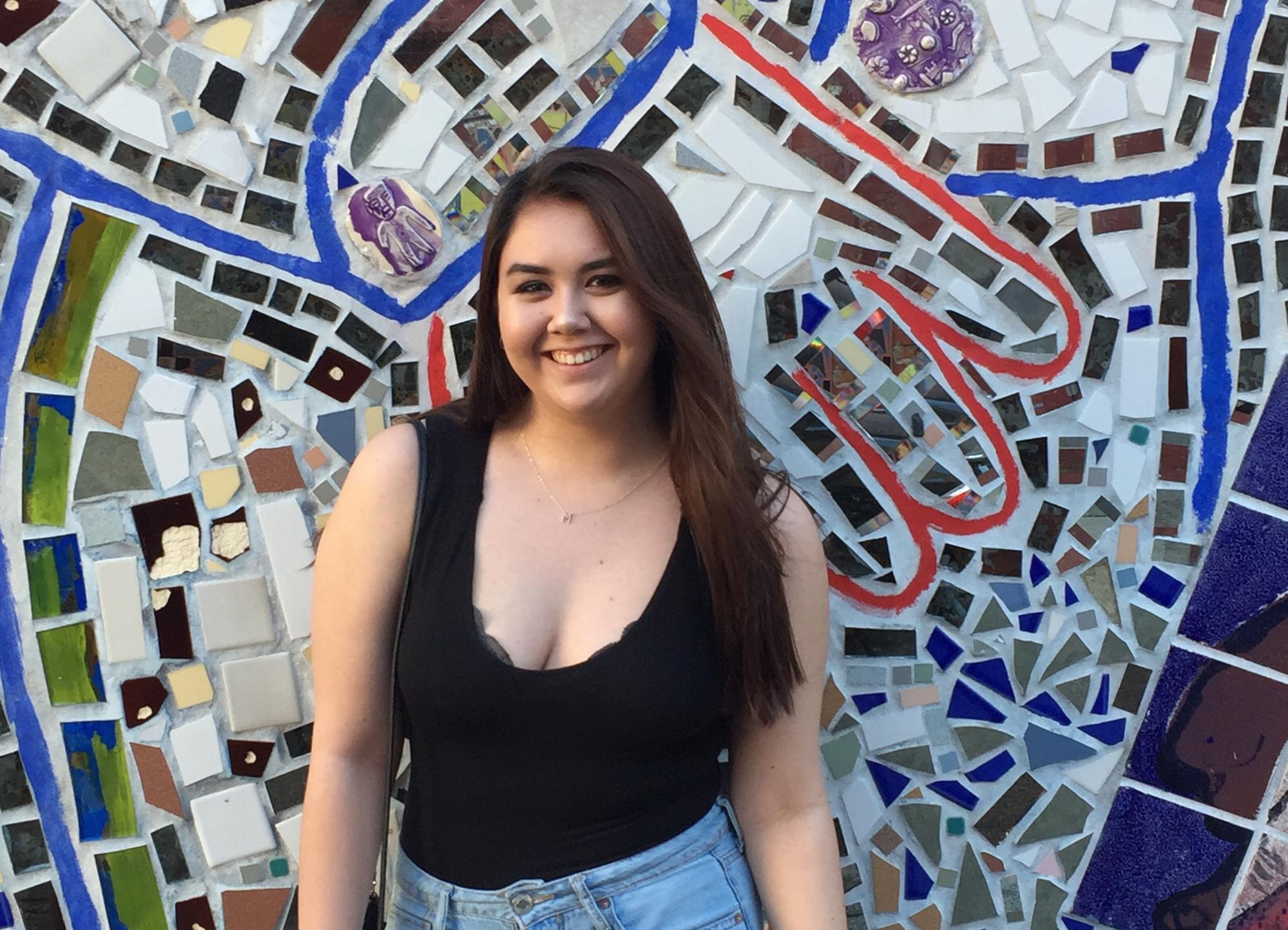Imagine this: Thousands of peaceful individuals are gathered in the name of music without a care in the world. Everyone’s main concern is having a good time and experiencing the most popular and talented musicians of the decade. To top it off, single-day passes are a mere $6.50 ($45.14 in today’s currency), making it $18 for all three days.
The Woodstock Festival in 1969 was nothing short of a cultural phenomenon. Besides preserving the classic summer of love aura of the 1960s, it helped create music festival culture. Since their origins, music festivals have become an increasingly popular event for young people to attend.
And, although festivals like Coachella make an obvious attempt to emulate the significance of Woodstock, the truth is that music festivals are too costly to appeal to any demographic other than the wealthy.

Thanks to modern day festival culture, multi-day passes can easily cost at least $300. There tends to be tinges of exclusivity to it all, but not due to the musicians, location or otherwise — but because of how much it costs.
Instead of perpetuating the righteous, artistic vibe music festivals originally upheld, these events are more or less spreading an advantage of wealth that’s simply unfair.
Music festivals appeal to an (extremely) exclusive demographic.
Festival passes on their own are the most expensive bill to pay when attending an event like the Governor’s Ball, Coachella or Lollapalooza. This year, a general admission three-day pass to Coachella was a whopping $429 (VIP passes were $999). For most millennials, paying that kind of money is simply not an option.
sees Coachella lineup pic.twitter.com/YNfHB6D6UZ
— luisa (@itsluisagibson) January 3, 2018
Yet there’s an emphasis on that sentence — “most” millennials. Meaning that the vast majority, if not all, individuals in attendance this year were willing and able to put down that kind of money for a three-day music event. I have to ask: When did being wealthy become a requirement to attend a festival?
The music festival bill doesn’t simply start and end with the passes, though. If that were the case, perhaps saving money and purchasing tickets would be a viable option to those most devoted to attending.
The contingencies of transportation, food, parking and a place to stay are all possible items that can raise that bill even higher. More often than not, people are traveling from far and wide for the sake of avoiding a case of dreaded FOMO.
If you drive, you’ll have to pay for parking. Security seldom allows food or drink from the outside, so you’re forced to purchase overpriced meals (not to mention the importance of staying hydrated at these events). And again, if you’re from out of town, you might have to pay for a hotel.
At this point, it doesn’t matter how much the actual bill comes out to. The fact of the matter is that the average 20-year-old is most likely unable to afford such an exorbitantly priced event.
https://twitter.com/_eyezick_/status/948425944686931968?ref_src=twsrc%5Etfw&ref_url=https%3A%2F%2Fwww.bustle.com%2Fp%2F15-coachella-2018-memes-tweets-youll-totally-relate-to-if-you-cant-go-either-7770741
Of course there are always exceptions, but those outliers come in the form of individuals strategically saving money for months on end — people that would ordinarily never attend the festival to begin with.
As a result, the objective of these music festivals is quite clear. They are deliberately appealing to a narrow demographic solely consisting of young people with wealth so bluntly attached to their names.
The reasoning behind this obvious social class filter is up for debate, just like anything else. Perhaps music festivals are making an attempt to keep things incident- and liability-free. In many cases, and especially in the minds of the rich, “poor people” equate to violence and a lack of class. (To those that believe that, may I remind you of the Fyre Festival episode, a ridiculous series of events caused only by wealthy people.)
Among anything else, music festivals were never created with the intention of strictly captivating the sons and daughters of the 1 percent. It’s a sad reality to acknowledge that festivals, which were once about experiencing music in a beautiful environment, are now about flexing through materialistic channels of fashion and money.
So, what happened to the music?
Let’s face it: Music festivals are more like elite events to use as a background for Instagram posts. As privileged millennials moved in on the opportunity to attend festivals such as Coachella or Lollapalooza, it seems like the music — the main focus of the festival — faded to the background. Sounds pretty ironic, huh?
It’s not to say that all wealthy festival-goers disregard every musical act at festivals. That’s too much of a generalization to make, even though it seemed like not one post from the Governor’s Ball was of a musician.
But it’s also not an insanely far-fetched accusation either. Because of the demographic attending music festivals, it’s almost as if the outfits (or being under the influence) matter more than anything else.
Coachella looks like the kind of event that's lit for IG photos but only really nice for the ppl who do drugs
— lindy (@Lindyyay) April 14, 2018
Not to mention the people who genuinely care for the music aren’t able to afford the festival to begin with. So if festivals are no longer an open-minded environment for people to enjoy music, what are they for?
Even though those in attendance share part of the blame at hand, festival founders are just as guilty, if not more. At this stage, it would be borderline moronic to act as if having money doesn’t automatically increase your chances of going to music festivals. But they already knew that (hence the whole “rich kid demographic” point).
As long as festival founders, investors and sponsors are making money, nothing’s going to change — because that’s what music festivals have slowly but surely become. You and I can pretend that Lollapalooza is about the music, but no matter what, it’s a cash cow to profit off the wealthiest young people in the nation.
Like many other lucrative opportunities in America, capitalism has gradually tainted what was once a wholesome and artistic occasion. Musicians are paid to play, millennials pay hundreds to attend and, of course, investors profit regardless. That’s what matters at the end of the day, after all.

















